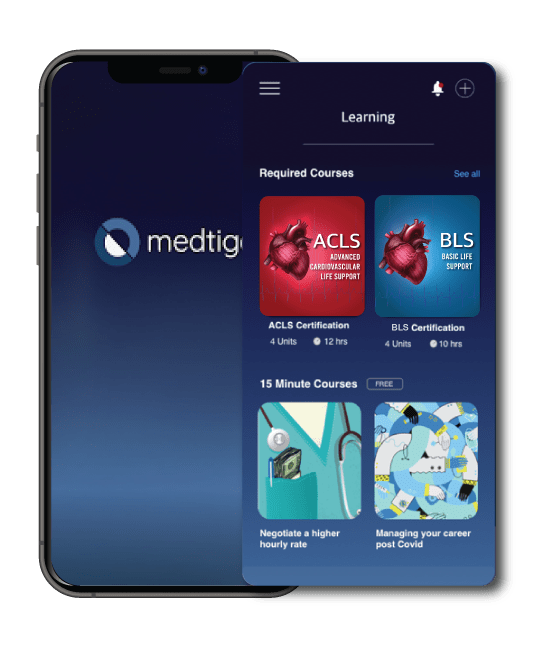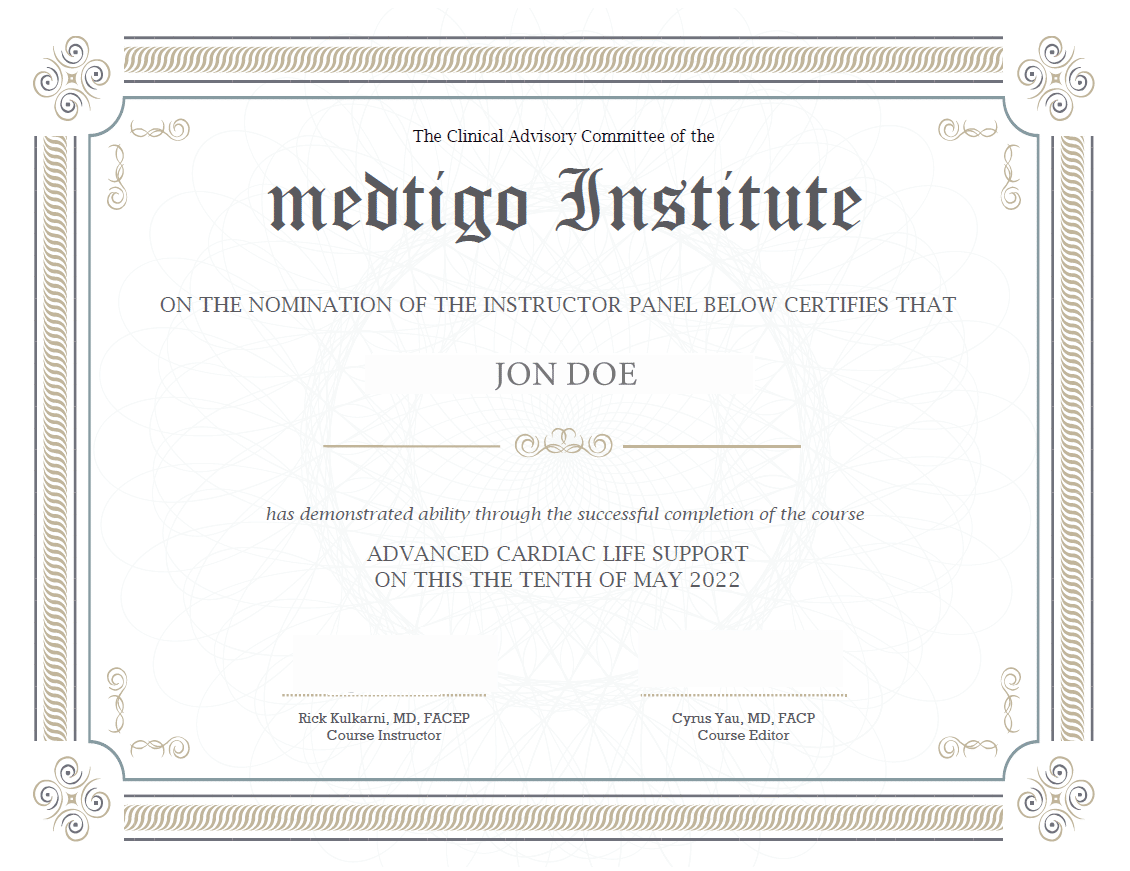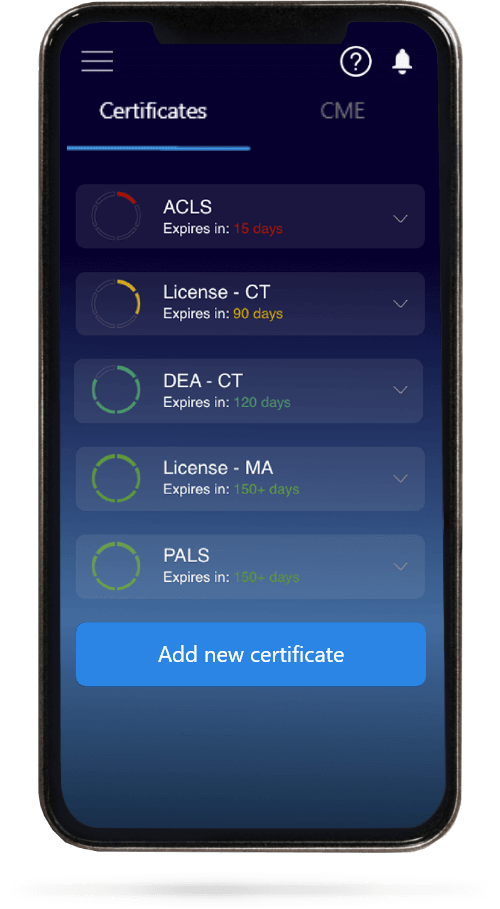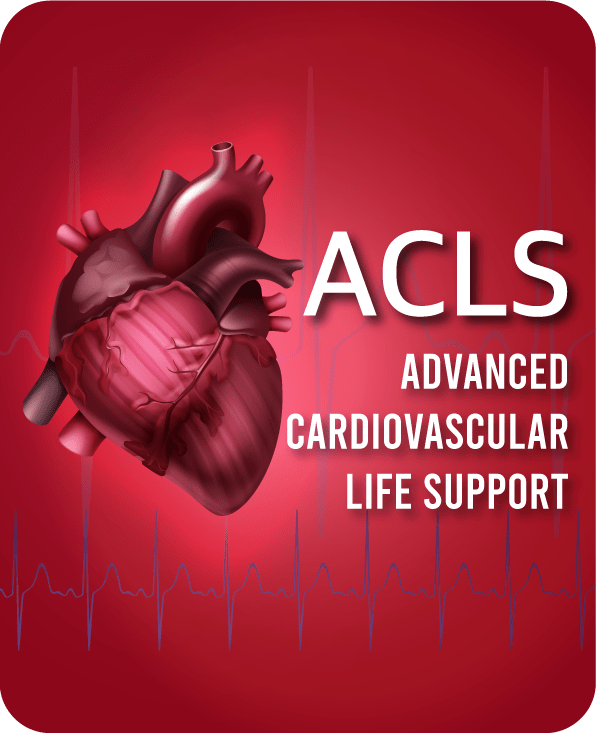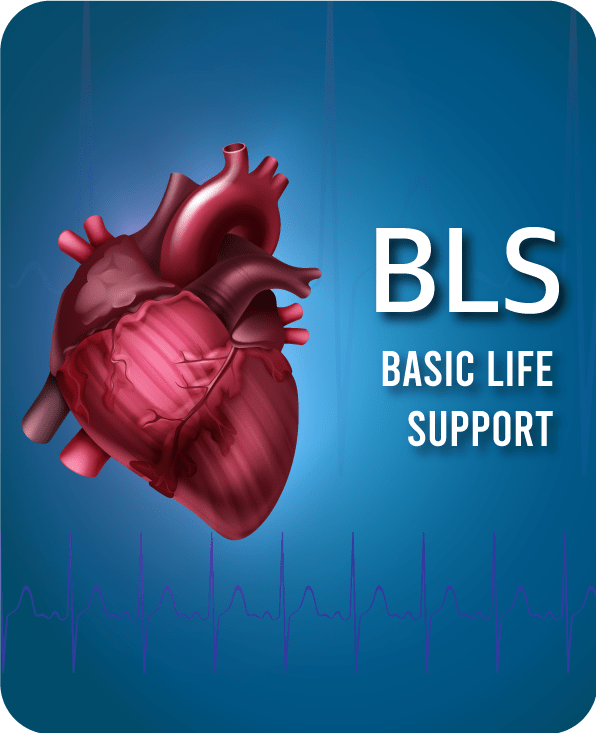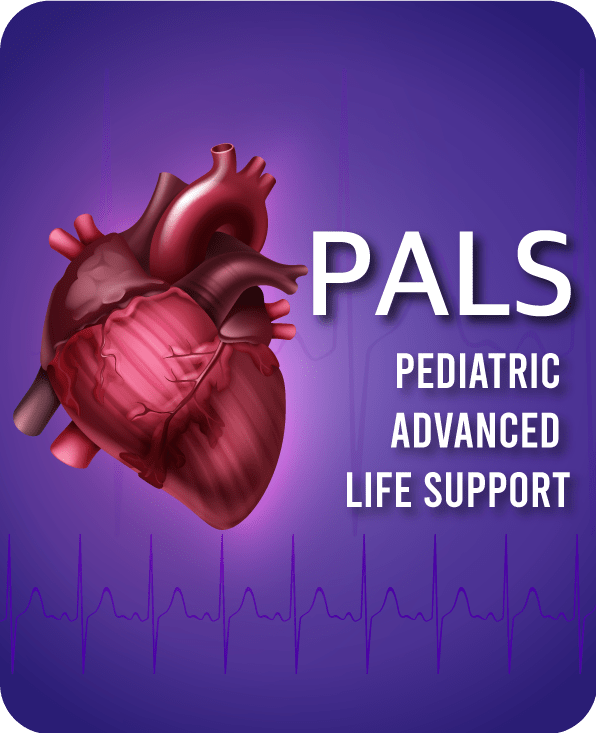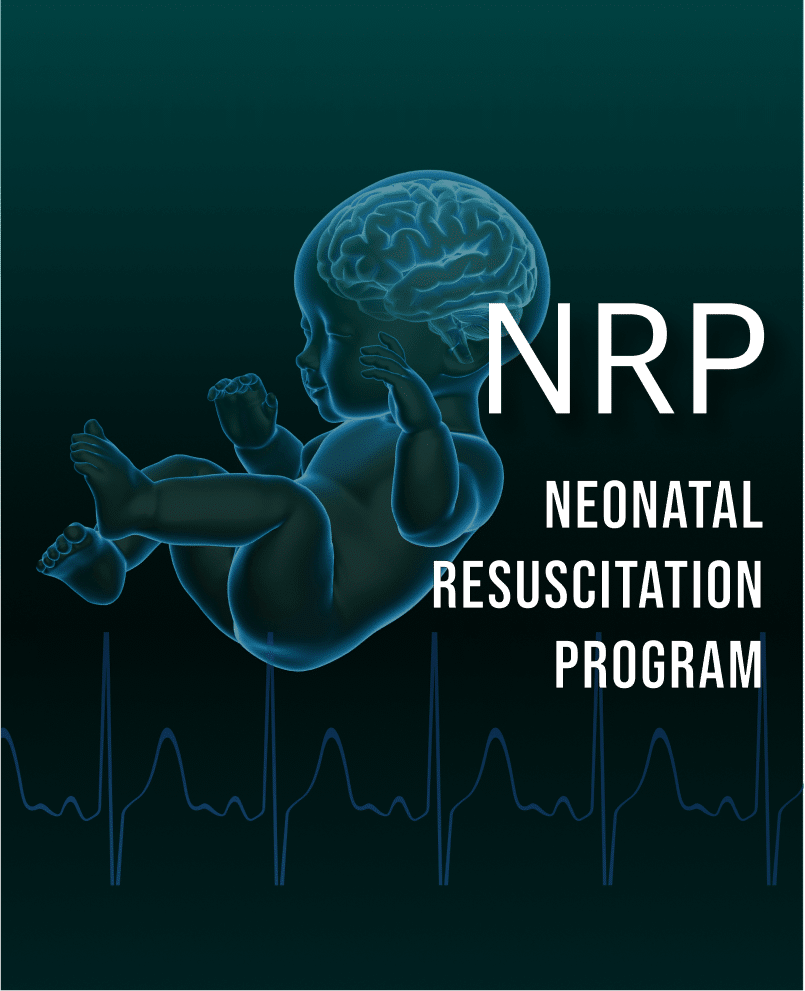In a significant stride towards advancing healthcare practices, the Joint Task Force for Practice Parameters (JTFPP), a collaboration between the American College of Allergy, Asthma and Immunology (ACAAI) and the American Academy of Allergy, Asthma and Immunology, has released two groundbreaking practice parameters.
These guidelines offer evidence-based recommendations for the diagnosis and management of anaphylaxis and atopic dermatitis (AD) across both pediatric and adult populations. Published in the Annals of Allergy, Asthma & Immunology, these parameters aim to enhance the understanding and application of best practices in addressing these allergic conditions.
Anaphylaxis, a severe allergic reaction, and atopic dermatitis, a chronic skin condition, impact millions of individuals globally. Dr. Jay Lieberman, MD, co-chair of the JTFPP Task Force, underscores the importance of regularly updating practice parameters to ensure healthcare practitioners are aware of the latest and most effective approaches to diagnosing and managing these disorders. Keeping physicians and their staff informed translates to patients receiving the most appropriate and optimal care.
The 2023 JTFPP anaphylaxis practice parameter, led by allergist Dr. David B.K. Golden, MDCM, offers evidence-based recommendations designed to support optimal contextual care across contemporary practice settings. The guidelines address critical aspects of anaphylaxis, where new evidence has emerged, and recommendations have evolved.
Updated recommendations on whether patients must go to the emergency room after using epinephrine for anaphylaxis. Notably, calling emergency services (EMS) may not be necessary if patients experience a prompt, complete, and durable response to treatment and have access to additional epinephrine auto-injectors (EAIs).
Situations warranting EMS activation include severe anaphylaxis, symptoms that do not promptly resolve, or symptoms that return or worsen.
Recommendations on how, where, and by whom epinephrine auto-injectors should be stored.
Updated criteria from the World Allergy Organization (WAO), Brighton, and Delphi Consensus groups aim to establish more universally accepted definitions and criteria for anaphylactic reactions.
Insights into recognizing and treating anaphylaxis in infants, addressing the diagnostic challenges in this age group.
Updates on the nuances regarding the use of beta-blockers and ACE inhibitors in patients at risk for anaphylaxis.
The 2023 JTFPP atopic dermatitis guideline, spearheaded by allergist Dr. Derek Chu, M.D., Ph.D., marks an advancement in trustworthy allergy guidelines. The guidelines distinguish themselves through systematic reviews of evidence, multidisciplinary panelist engagement, adherence to GRADE (a rigorous guideline development process), and the active involvement of patient and caregiver voices throughout the process.
Recommends the use of topical corticosteroids or topical calcineurin inhibitors in patients with uncontrolled AD, despite moisturizers.
Emphasizes the safety of topical calcineurin inhibitors with typical usage once or twice daily.
Recommends proactive therapy with topical corticosteroids or calcineurin inhibitors for patients with a relapsing course.
Considers once-daily dosing of topical medications and recommends specific biologic treatments based on age and severity.
Encourages consideration of allergen immunotherapy for moderate to severe AD.
Recommends the use of oral JAK inhibitors after careful consideration of risks and benefits in specific patient populations.
Recommends against the use of certain immunosuppressant medications, providing clear guidelines for their application.
These guidelines align with the principles of evidence-based medicine, emphasizing that evidence alone is insufficient, and patient values and preferences are critical in arriving at optimal recommendations. The inclusion of diverse voices and the evolution of considerations related to diversity, equity, and inclusion reflect a comprehensive approach to the diagnosis and management of atopic dermatitis. Overall, the release of these practice parameters serves as a pivotal resource, guiding healthcare professionals and advancing the field of allergy and immunology.
Journal Reference
Derek K. Chu et al, Atopic dermatitis (eczema) guidelines: 2023 American Academy of Allergy, Asthma and Immunology/American College of Allergy, Asthma and Immunology Joint Task Force on Practice Parameters GRADE– and Institute of Medicine–based recommendations, Annals of Allergy, Asthma & Immunology (2023). DOI: 10.1016/j.anai.2023.11.009





